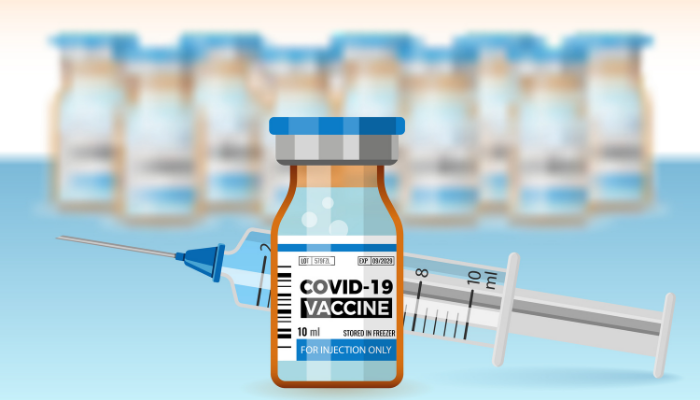The time for the COVID vaccine program is now – a time when India embarked on the largest vaccination program and stands at an aspirational height compared to any other immunization effort in any other country or populace, past or present, as acknowledged by the World Health Organization. This is a real and valuable triumph for India, one of the largest human resource powerhouses in the world with a generally eligible, employable talent pool of workers. In view of the pandemic that has been ravaging economies all around the world, the threat is not over and every effort to spread mankind’s defenses against it, such as the COVID vaccine program, should be welcomed and used wisely.
COVID vaccine program: The need of the hour
For this reason, organizations and clusters of people generally acknowledged as associating together in some form – such as the residents of apartment complexes and their welfare associations – have taken it upon themselves to carry out COVID vaccine programs within their folds. This is a logical step in continuing the interdependence of humanity – to want to achieve a standard of immunity and tolerance against a disease that’s been acknowledged as a pandemic as early as March 11th, 2020. No one is safe until all of them are safe. The Indian government acknowledged this by opening up vaccinations to the 18-44 age groups soon after the frontline workers in the healthcare sector, and the most vulnerable population, the ones above age 45, were vaccinated successfully for the most part.
You might also be interested to read: The Darkest Hour Is Just Before Dawn. India Will Emerge Stronger: TeamLease Chief Manish Sabharwal
How to control the spread of disease
By seeking to immunize the working population, the government is joining hands with the corporate sector in ensuring business continuity and economic sustenance. That said, the Government of India has not made the COVID-19 vaccine mandatory for any citizen group. This means companies cannot insist upon it either. The Ministry of Health and Family Welfare clarifies the testing mechanisms following the development of the vaccine, the recommended schedule, and the safety levels associated after test results were accounted for through a carousel of easy-to-read FAQs. A way around the difficulty of ensuring everyone is vaccinated is to conduct the COVID vaccine program at organizations.
Instead of making the vaccine a mandate at the workplace, organizations can bring this about in an organic way by conducting their own COVID vaccine programs with phased awareness drives, pamphlets, and informational emails going out to encourage participation:
Surveys: Through employee portals or via the company intranet, employees can be urged to disclose their vaccination status.
Financial support: Companies can decide whether they can support their employees’ health efforts by offering to pay for their employees’ vaccination costs. It would make sense to pay for the employees’ immediate family and dependents as well – as this is a communicable infection. Employees are only as safe as their immediate associates and close contacts.
Direct mailers: Not everyone would have the same level of knowledge about the safety of the vaccine, its applicability to their age and life stage. A mail detailing everything they need to know about the vaccine in an infographic in their inbox or even several repetitions of this would help to spread awareness.
Posters and virtual huddles: The people managers of an organization can conduct short virtual meetings to detail specific matters about their COVID vaccine program and clarify questions. This personal approach can remove doubts and fears among employees.
Compliance: The government of India allows employers to mandate that future hires of a company can be asked to furnish their vaccination certificates as proof of vaccination as part of their medical records – under reasonable corporate security practices. The consent for this has to be obtained in advance and special medical grounds for non-vaccinated cases should be taken into account.
Vaccination-leave: Paid leave is not required as a government mandate as part of the COVID vaccine program, but can be provided to employees to encourage participation in the drive.
The ultimate understanding that a vaccinated working population leads to a safer workplace, and by extension, a safer society is thoroughly understood by all the stakeholders of India Inc. The drive to provide a COVID vaccine program is therefore generating a lot of buy-in and everyone involved is ready to pool in their efforts now.
References:
- India: Covid Vaccination: A Guide For Employers|Mondaq.com|Sindhuja Kashyap| April 26th, 2021
- FAQs|Ministry of Health and Family Welfare|Government of India
- Can Organizations Run a COVID Vaccine Program|HRBartender|Sharlyn Lauby|March 14th, 2021
You might also be interested to read:
Related Topics:






